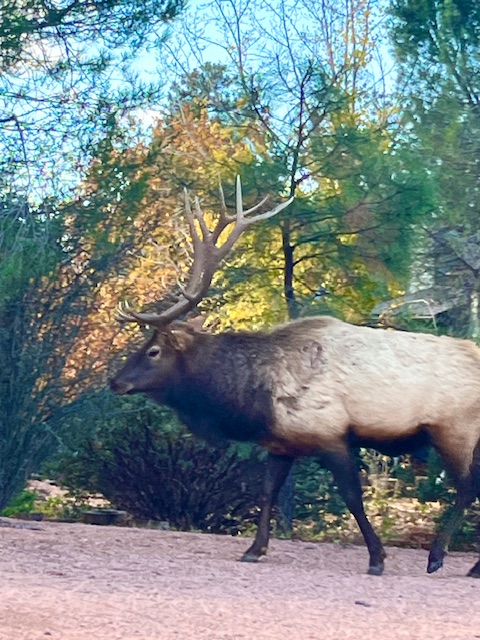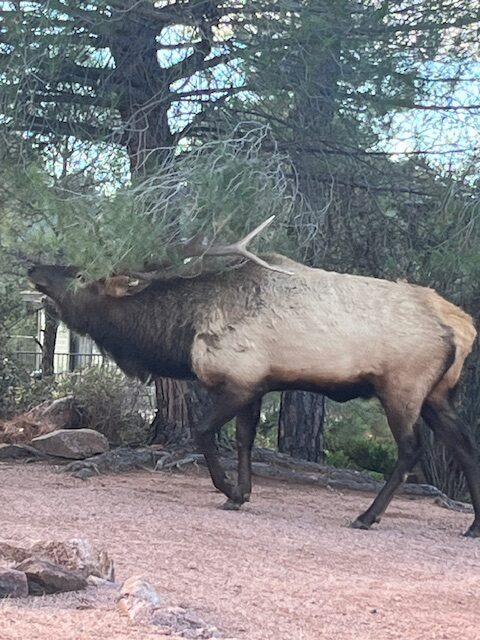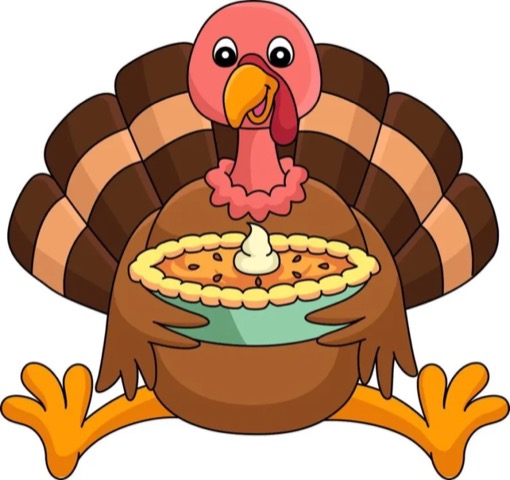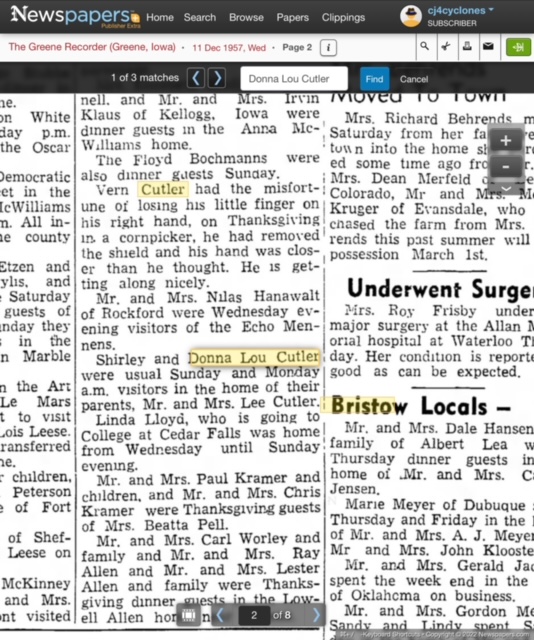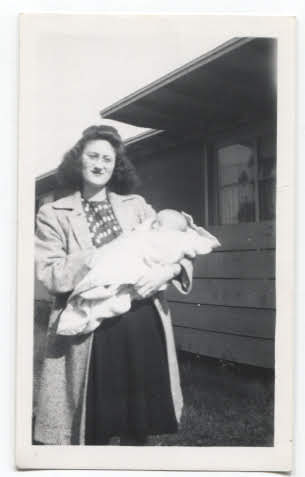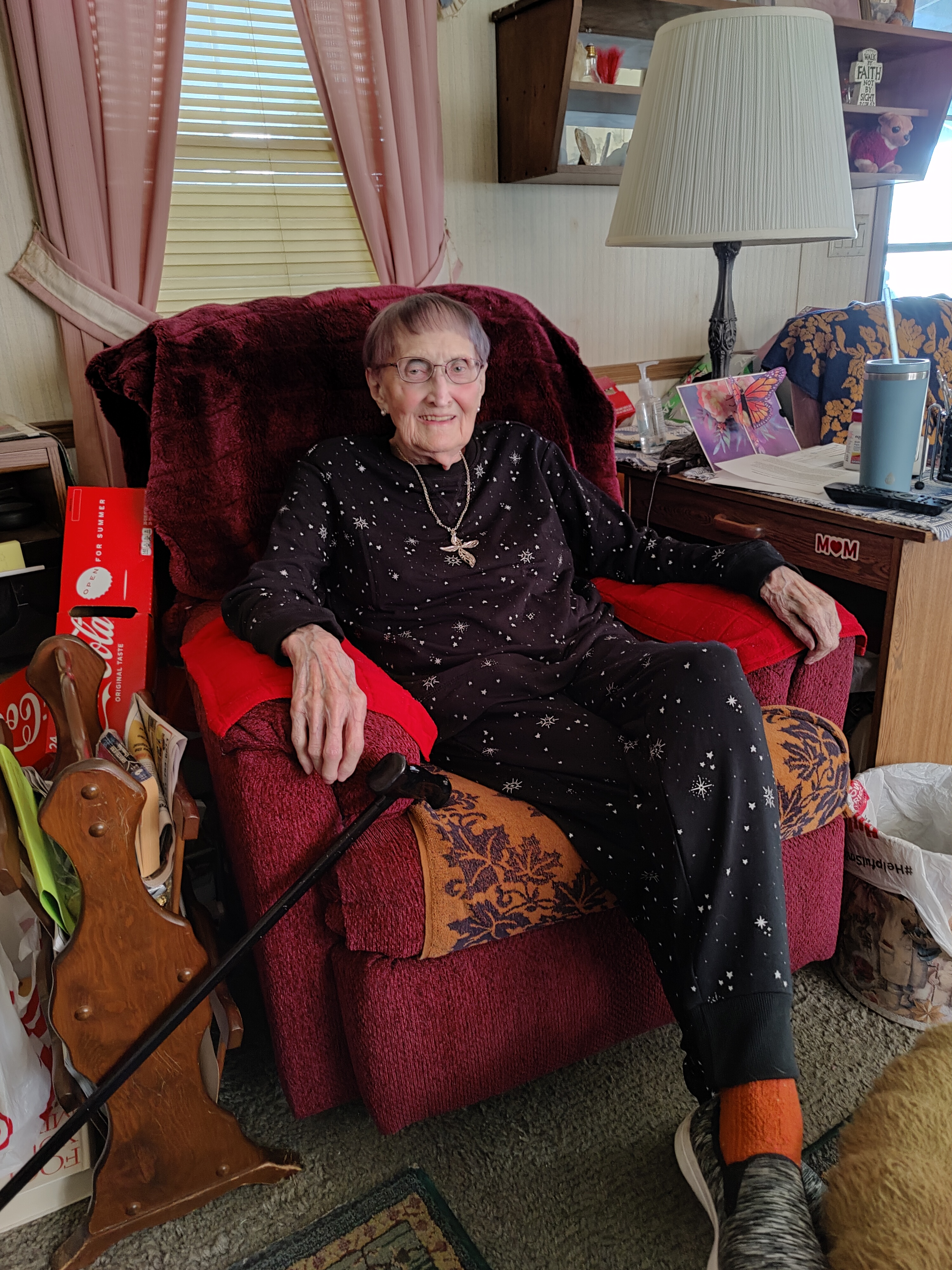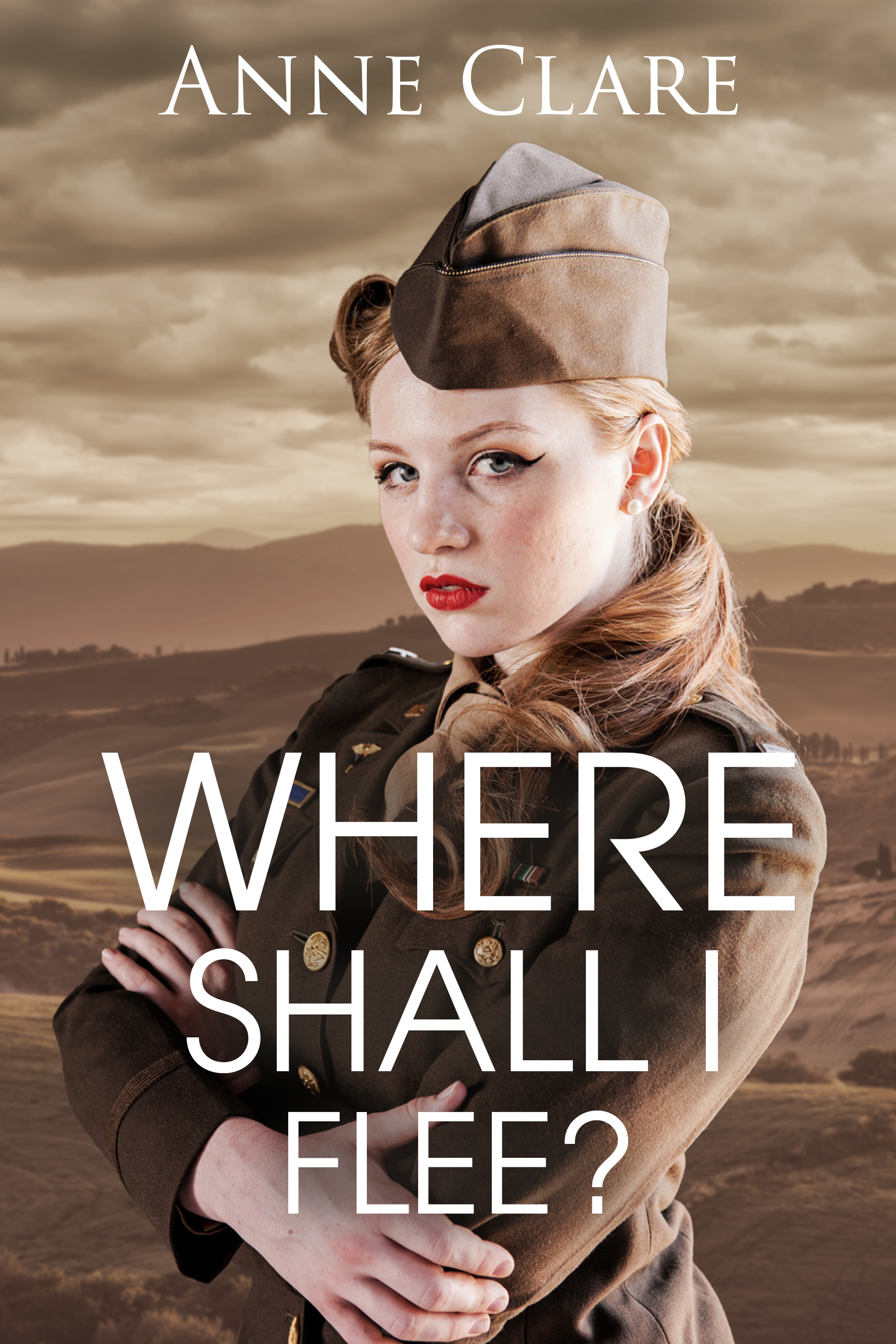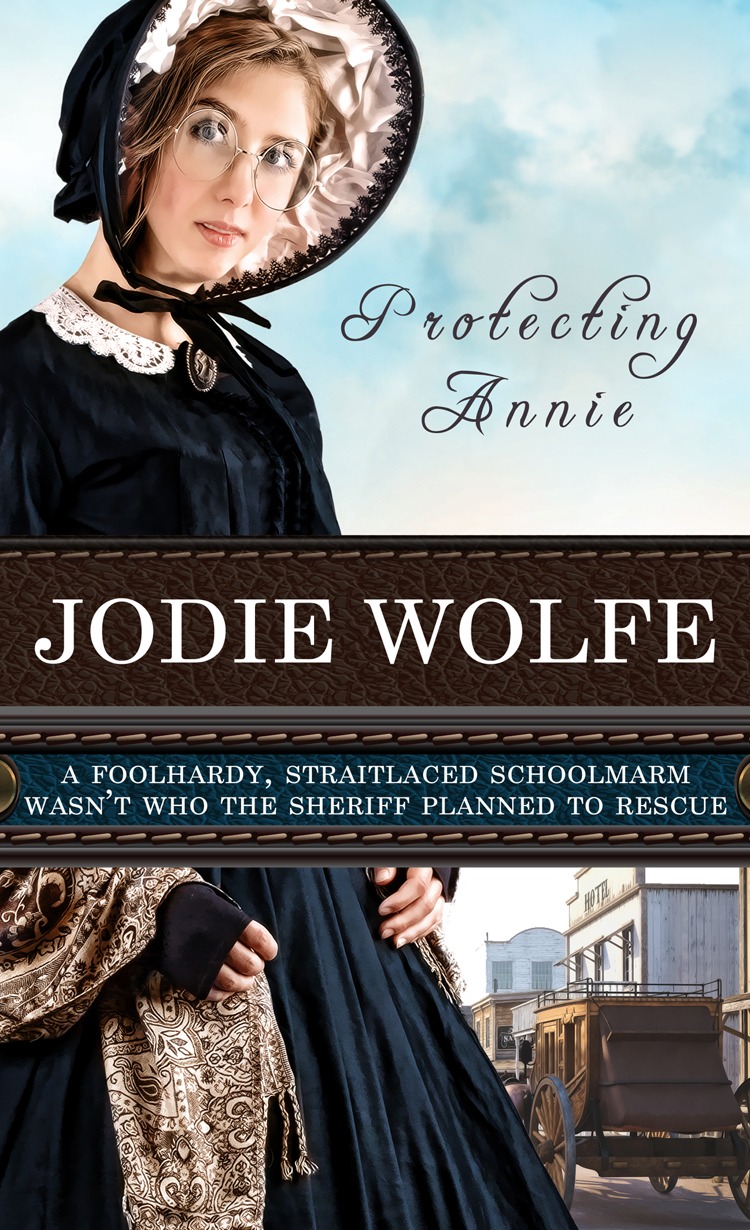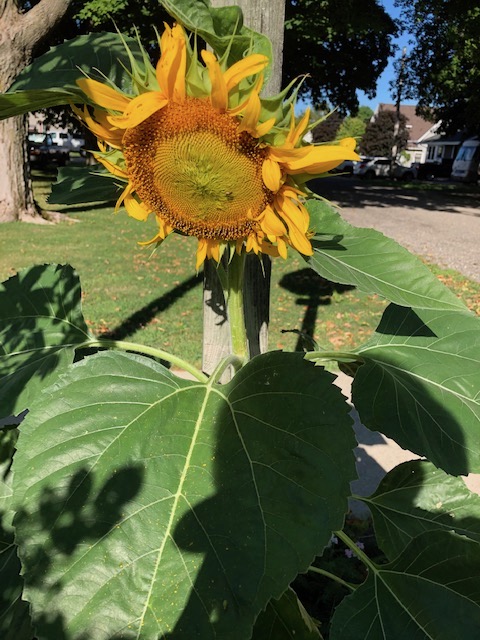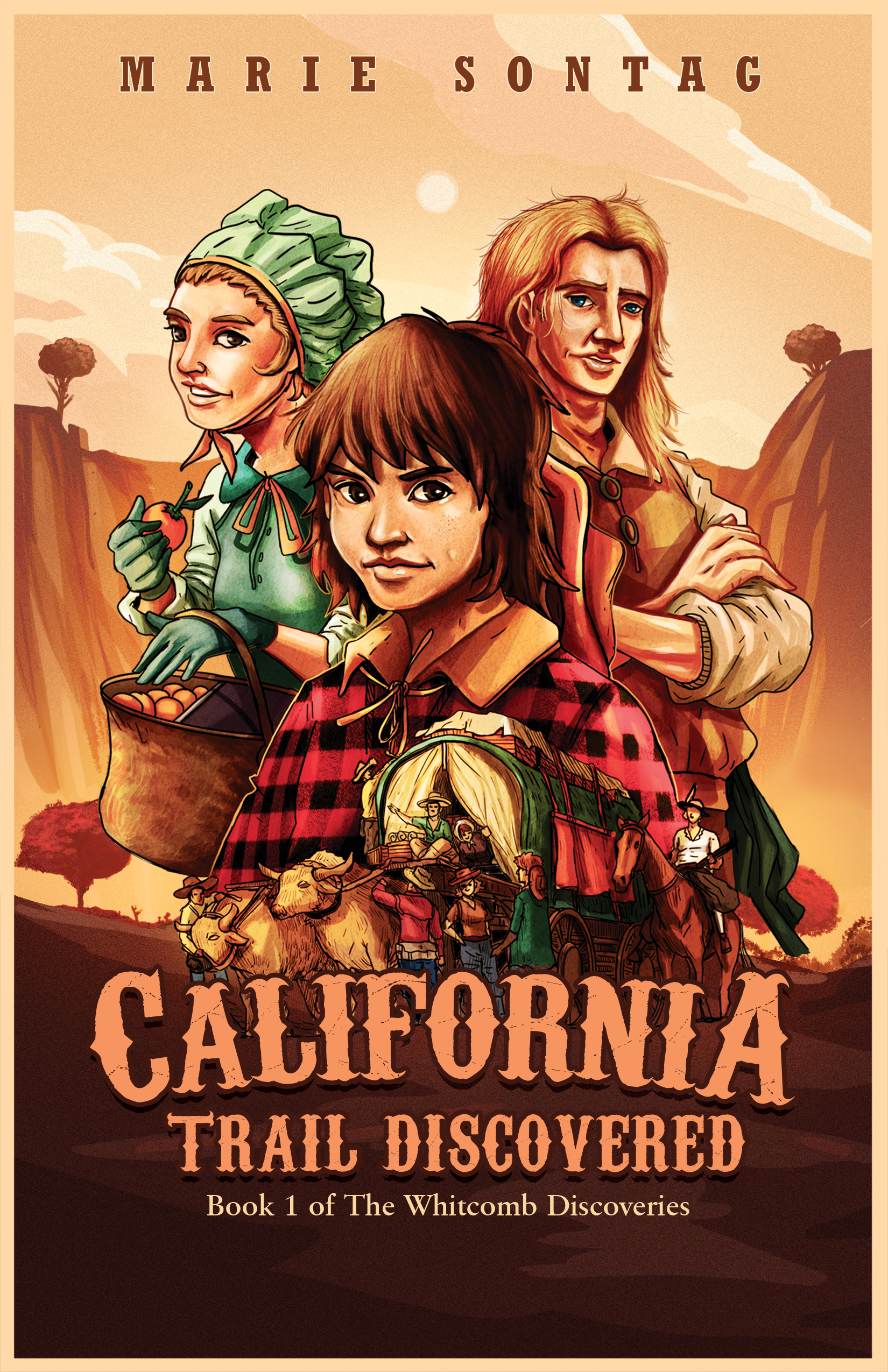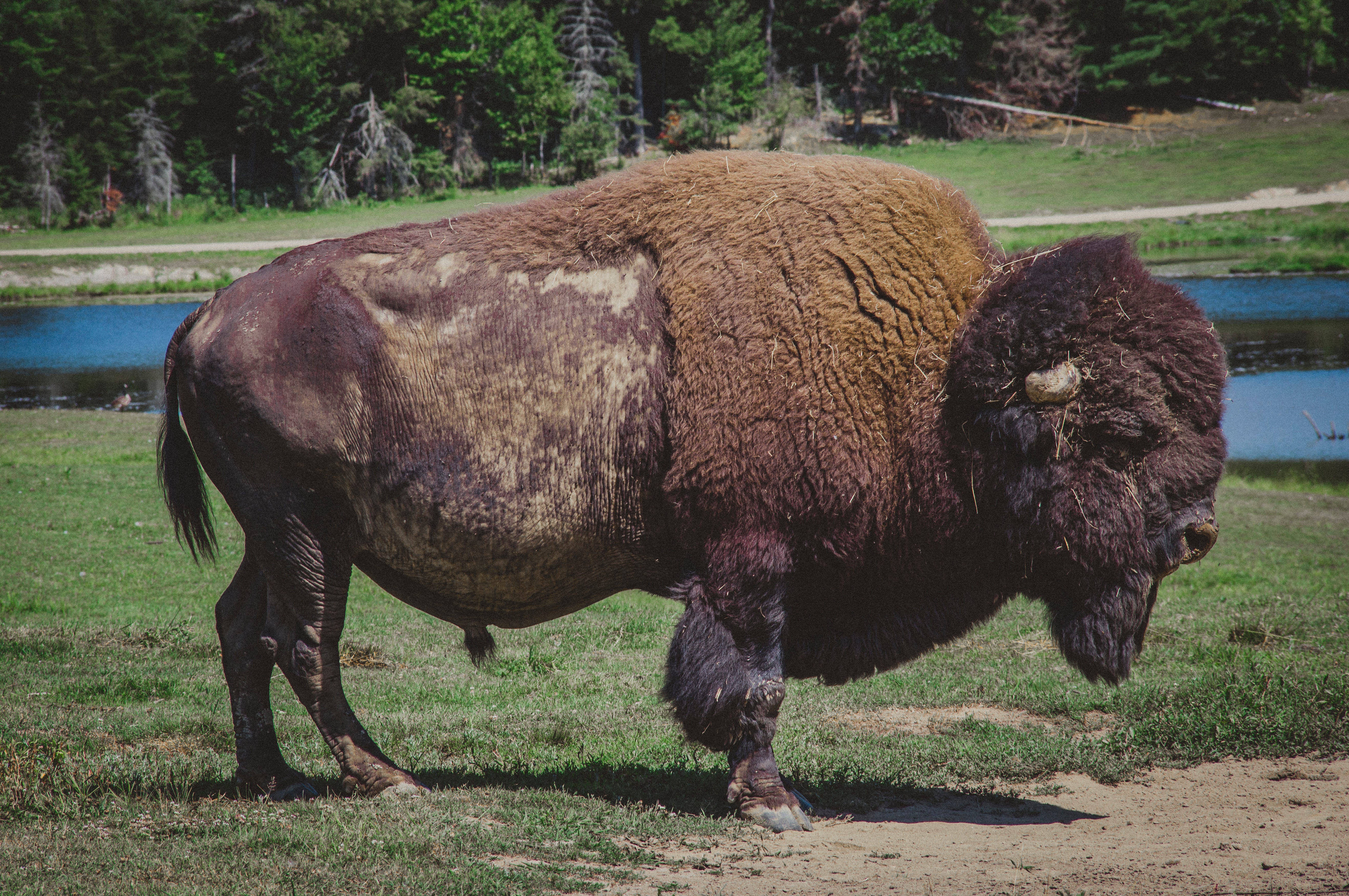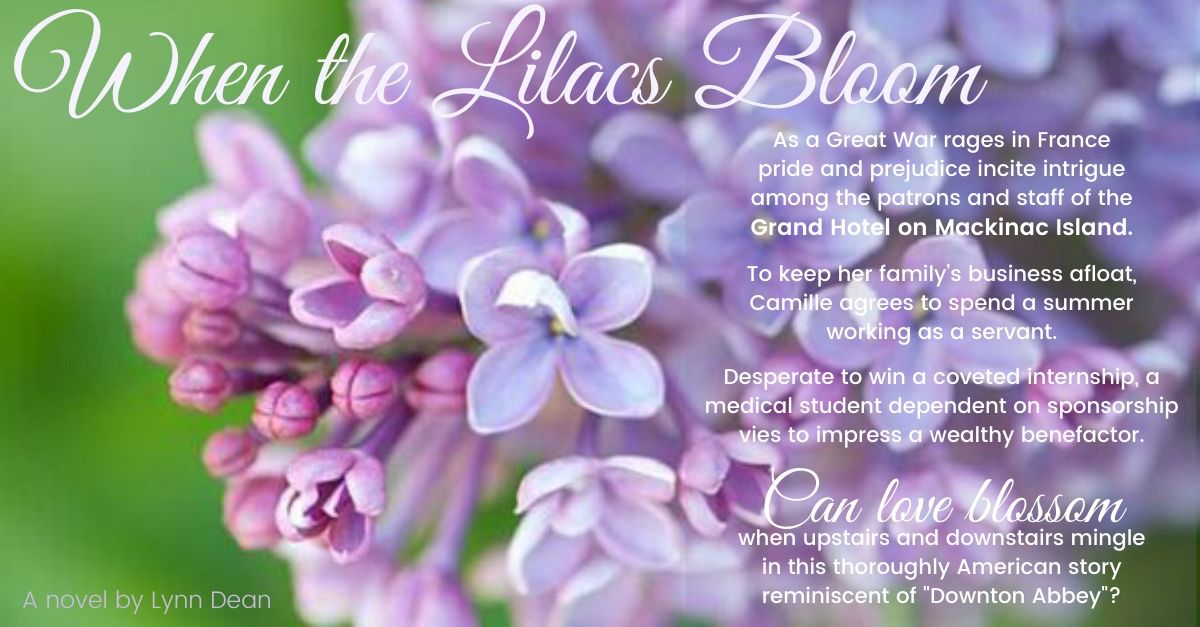For your winter reading pleasure, a story of old-fashioned pioneer grit on the Westward trail melds with a Texas cowboy’s tale.
In the midst of a catastrophic Civil War, what role does Providence play in everyday folks’ daily challenges, and what might we learn from them?
 |
| Historical Fiction Novelist Gail Kittleson Unveils “Providence,” a Pioneer Adventure-Romance NASHVILLE, TN (October 24, 2024)—Amazon.com bestselling author Gail Kittleson is celebrating the release of Providence: a novel of the West, which impacted retail on October 9, 2024, in hardback, trade paperback, and all major ebook formats from WordCrafts Press. Kittleson’s latest novel, set during the waning years of the American Civil War, is a bit of a departure from the World War Two era the celebrated novelist is known for. But fans can expect the same level of meticulously researched detail that breathes life and authenticity into all of her novels. |
“Garrit, a solid name—you have found a strong husband, daughter.” Mama’s blessing, spoken after their wedding vows and as clear as the stars above, allowed Meta to release her cares at last.Born of solid German stock, Meta Tolzmann Rausch eyed the starry sphere above. Beside her, Garrit’s steady breathing relayed a message—safe in the hands of Providence. Oh, to embrace that truth! Already seven days to the western border of Iowa and then three more to meet the wagon train at Council Bluffs. And their trek had only begun.Each day took them further away from home, with no return. As she floated between wakefulness and sleep, Garrit draped his arm around her. After long miles on the trail, his warmth soothed her aching muscles.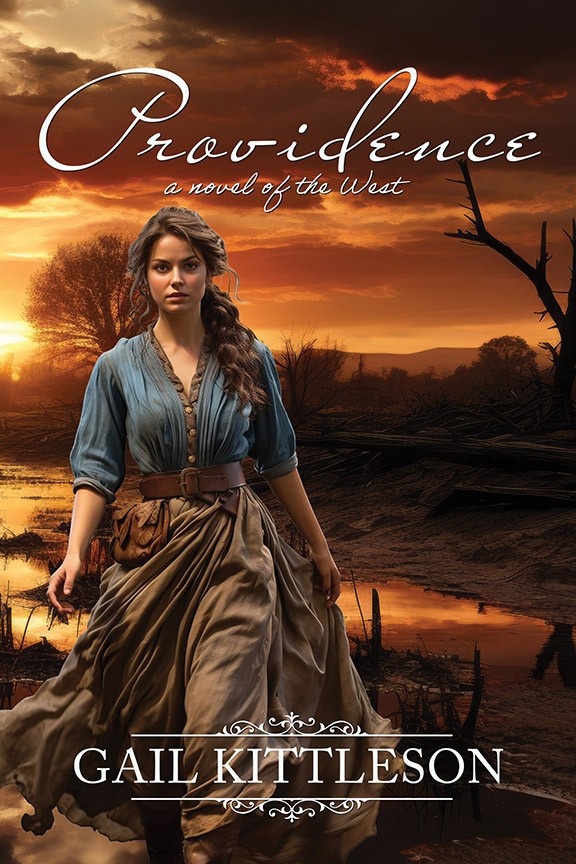 |
| This man—strong as the oxen who would pull their wagon on the trail and as determined as the Union Army—this man she had wed. From the Novel Autumn, 1863 I cannot say the date for certain, but surely November must be close. The cold seeps in through every hidden entrance, in spite of our careful mudding. Like sorrow. Like guilt—the reasons I have neglected to write. But now, with the sure knowledge of Franklin’s return and the pullets laying, and Della giving milk like always, hope has taken up steadier residence in my heart. Who can know their weaknesses? If anything good comes of loss, I expect this sort of understanding might qualify. Frail of faith, fragile of mind, and scrawny of will—ah, how clearly I see myself now. And yet, I continue to live. Providence knoweth all and so must see some good in me. |
| “Providence required more time than any other book I’ve written,” muses author Gail Kittleson. “I’m not sure why, but the characters developed slowly, and along the way, my writing skills grew, too. Several times I thought this manuscript must be just practice, never to see the light of day. But when my health took a jolt, the characters called to me. I had a lot of time to ponder their stories and found I liked them too much to toss them out. With considerable more historical research, they started to cooperate, and the result is this novel.” AIthough the Civil War serves as the backdrop for the novel, the story follows those hearty pioneers who braved the Oregon Trail in hopes of carving a better life for themselves and their families.”I hope readers will learn more about the Civil War era, as I did during this process, and appreciate the parallels to the world we live in today,” Gail says. “Each season of history has its share of challenges and everyday women and men who rise to meet them. We don’t often think of ourselves as heroes or heroines, but in the long perspective, we may well be, as we seek guidance from what our ancestors called Providence.” |
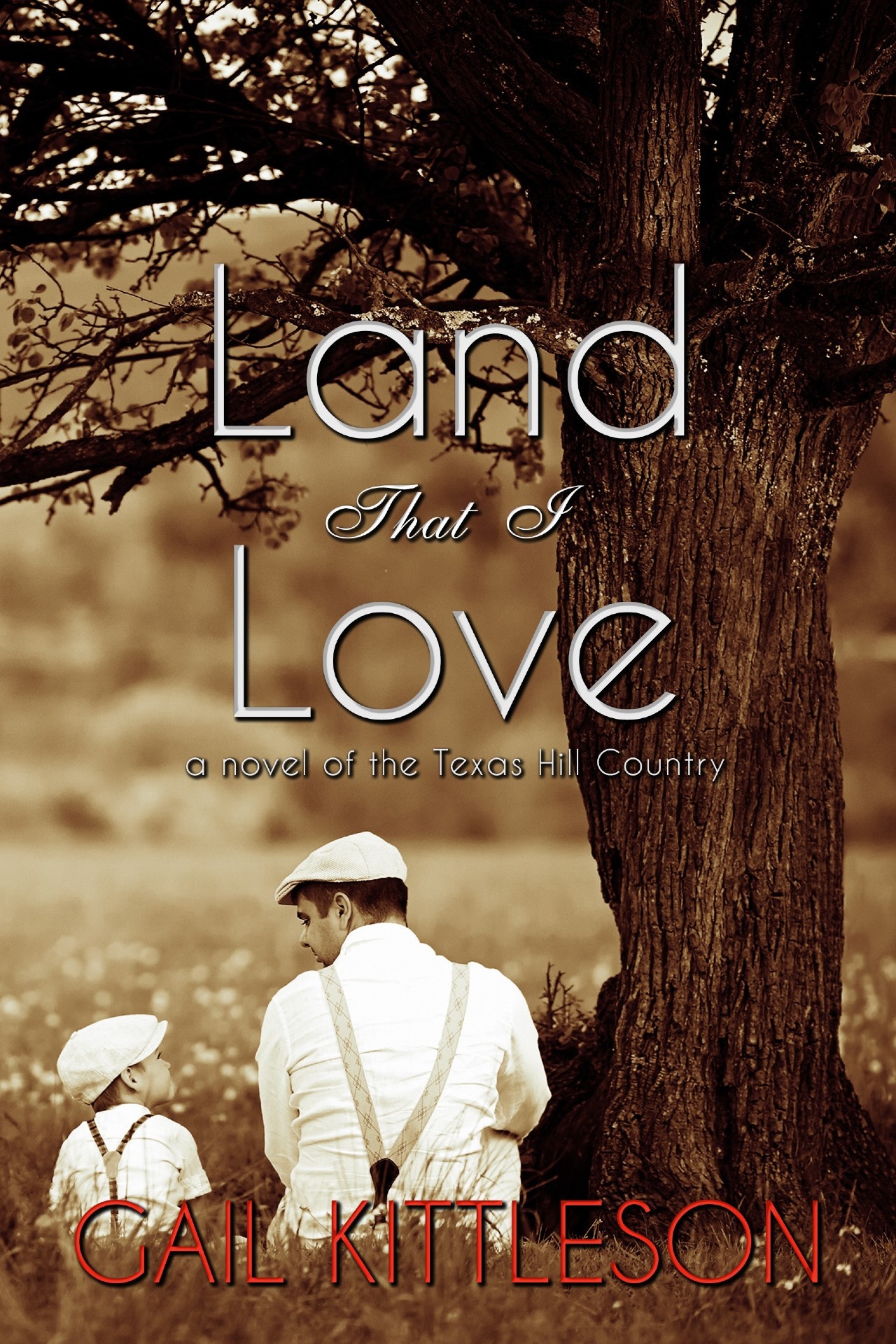 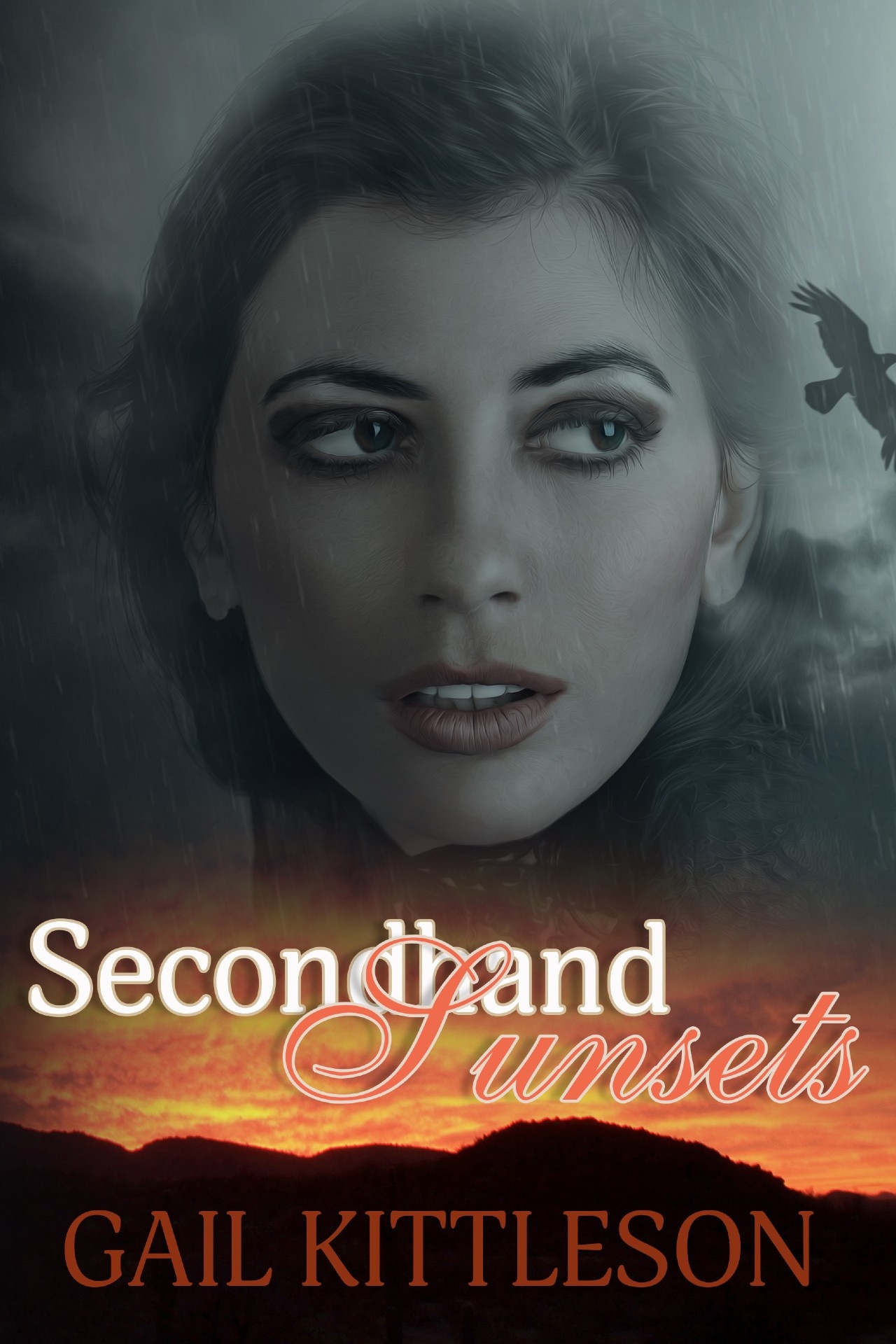 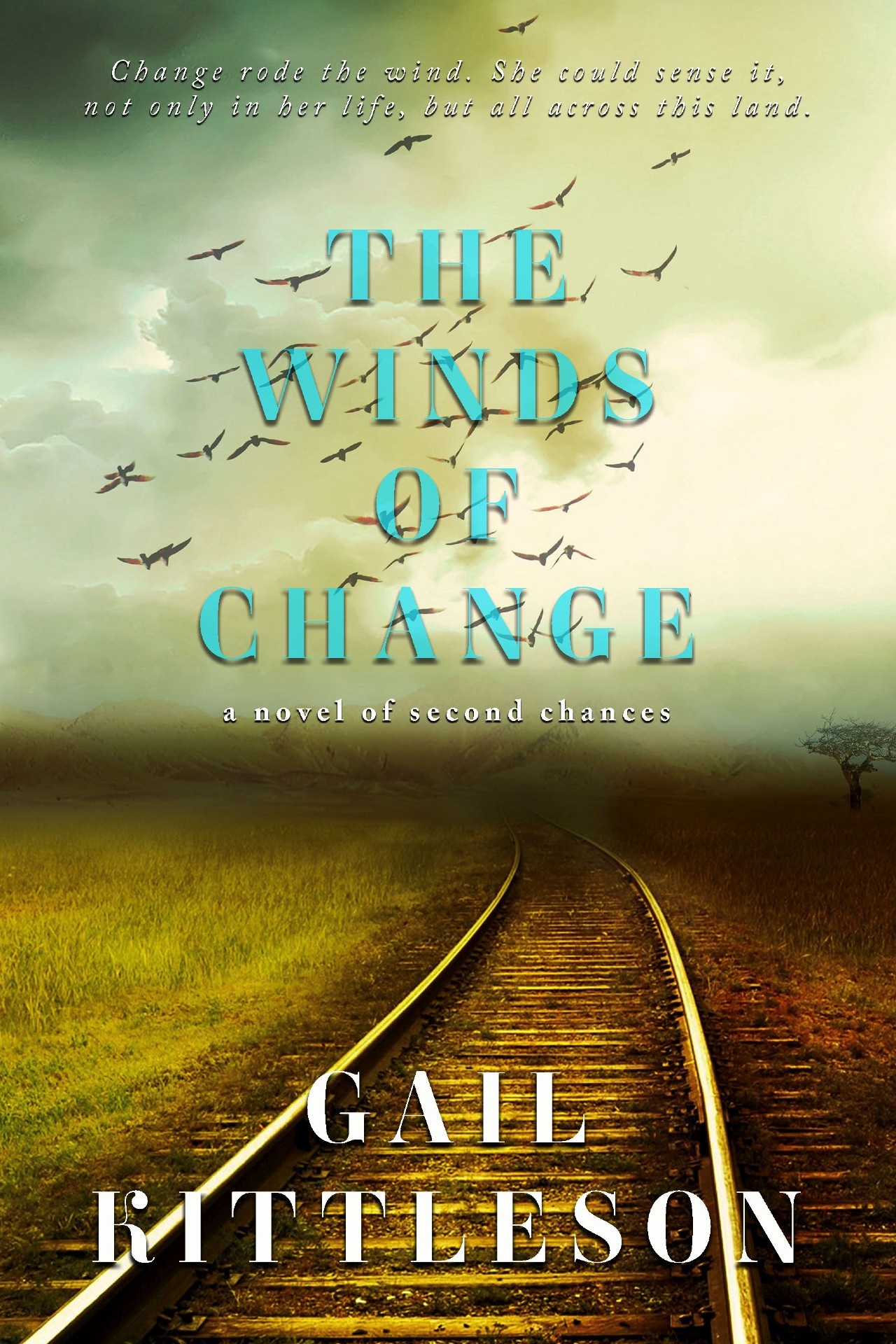 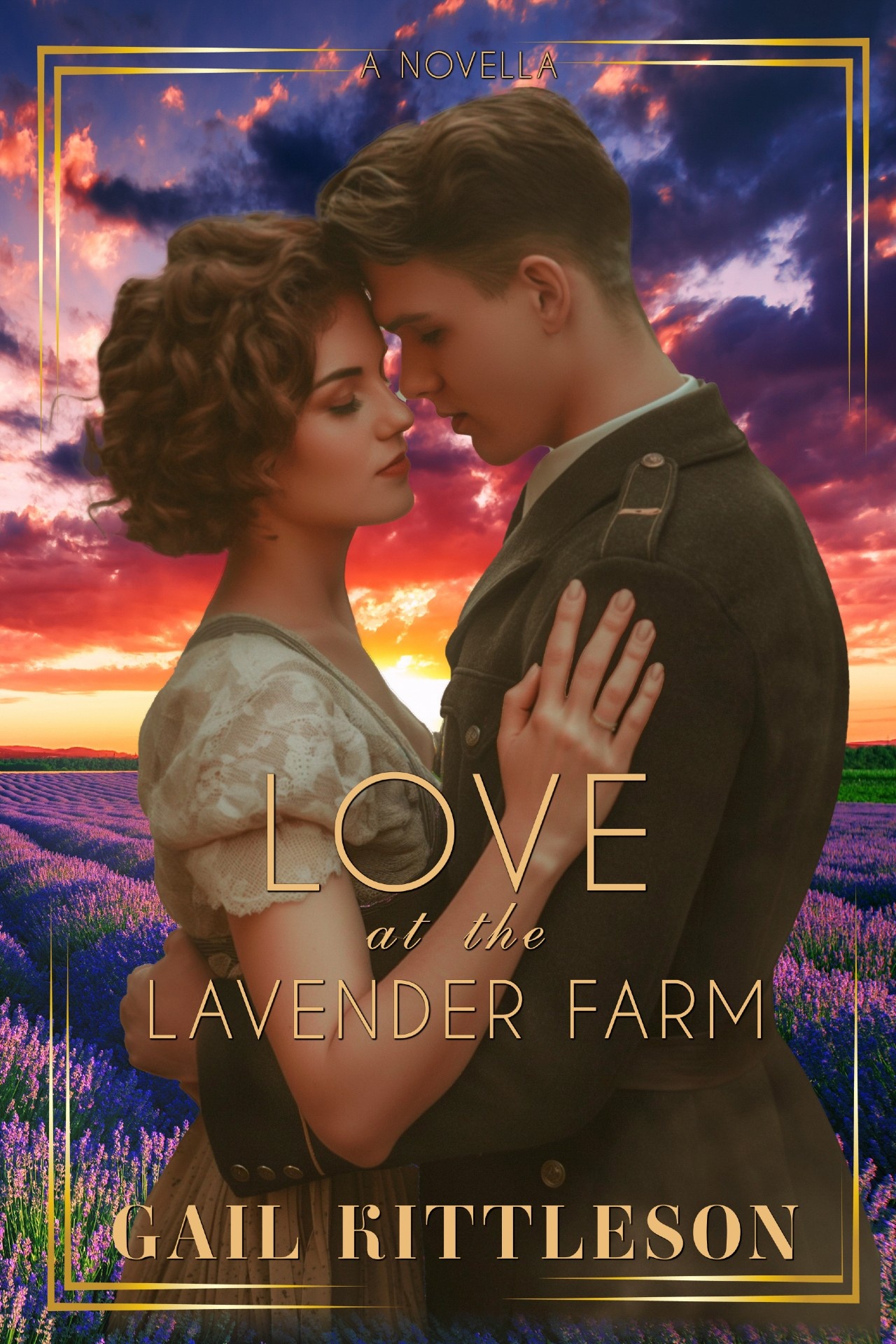 |
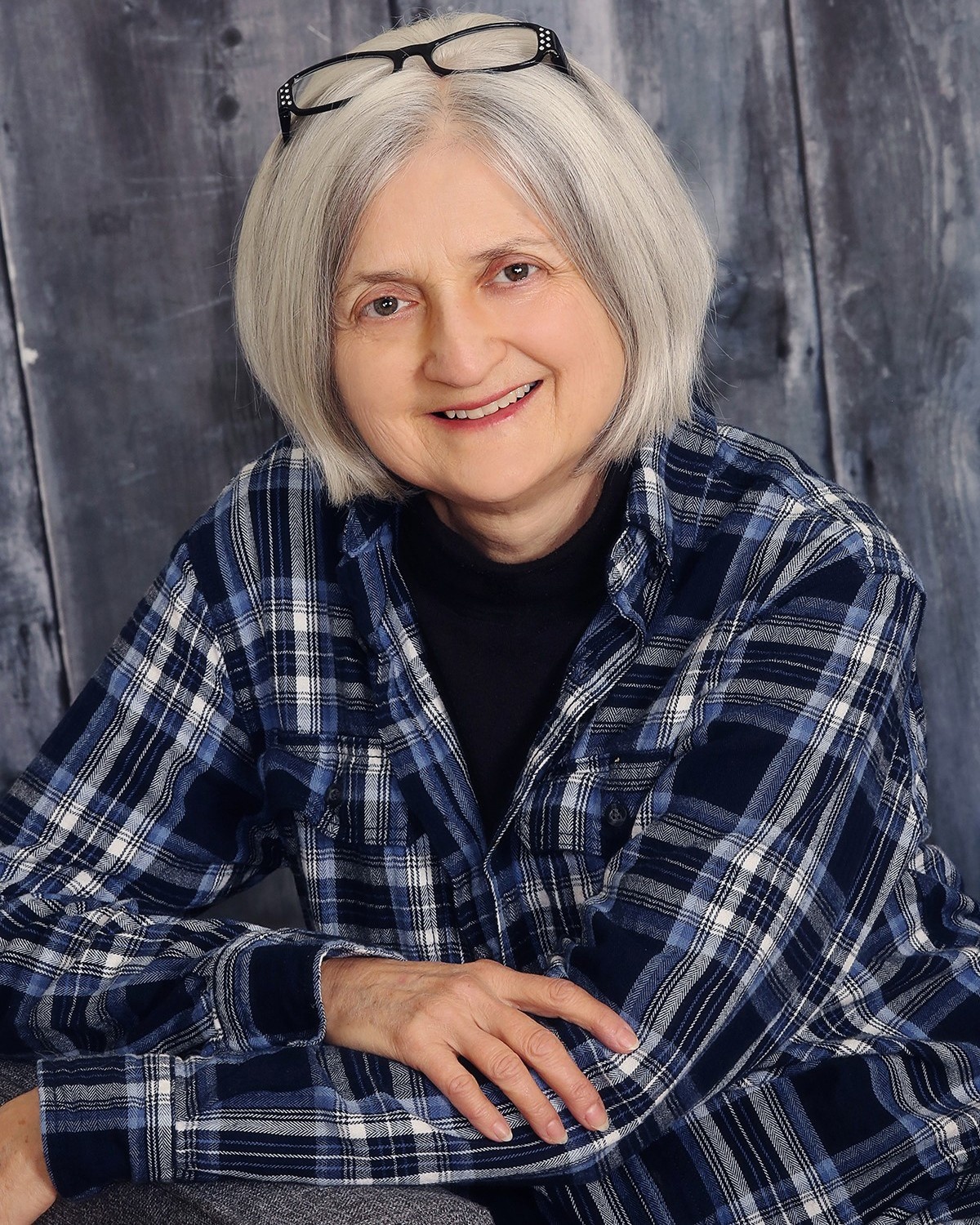 Words have always been comfort food for Gail Kittleson. After instructing expository writing and English as a Second Language, she began writing memoir. Now, intrigued by the World War II era, Gail creates women’s historical fiction from her northern Iowa home and also facilitates writing workshops/retreats.She and her husband, a retired Army chaplain, enjoy their grandchildren and in winter, Arizona’s Mogollon Rim Country. You can count on Gail’s heroines to ask honest questions, act with integrity, grow in faith, and face hardships with spunk.Visit Gail online at: gailkittleson.com Words have always been comfort food for Gail Kittleson. After instructing expository writing and English as a Second Language, she began writing memoir. Now, intrigued by the World War II era, Gail creates women’s historical fiction from her northern Iowa home and also facilitates writing workshops/retreats.She and her husband, a retired Army chaplain, enjoy their grandchildren and in winter, Arizona’s Mogollon Rim Country. You can count on Gail’s heroines to ask honest questions, act with integrity, grow in faith, and face hardships with spunk.Visit Gail online at: gailkittleson.com |
| Providence: a novel of the West is published in the US by WordCrafts Press and distributed globally by Ingram Content Group, the world’s largest distributor of physical content.Product Details Hardback: 352 pages Publisher: WordCrafts Press (October 9, 2024) Language: English ISBN-13: 978-1962218665 MSRP: $33.99Paperback: 352 pages Publisher: WordCrafts Press (October 8, 2024) Language: English ISBN-13: 978-1962218672 MSRP: $18.99Ebook: Publisher: WordCrafts Press (October 8, 2024) Language: English ASIN: B0DJ58XM5R MSRP: $5.99Free review copies are available in all major ebook formats. For additional information or to request a review copy, please contact: wordcrafts@wordcrafts.net |

